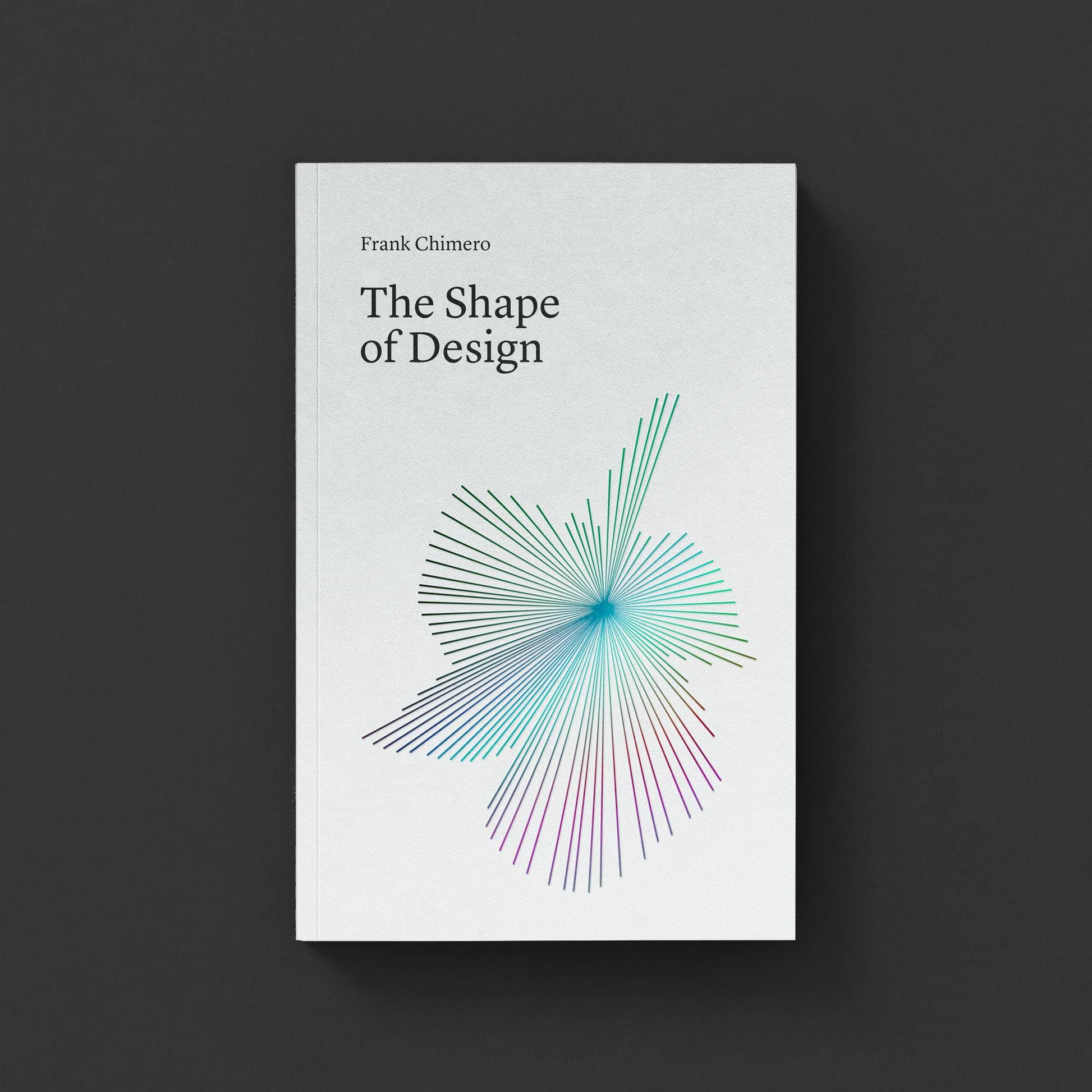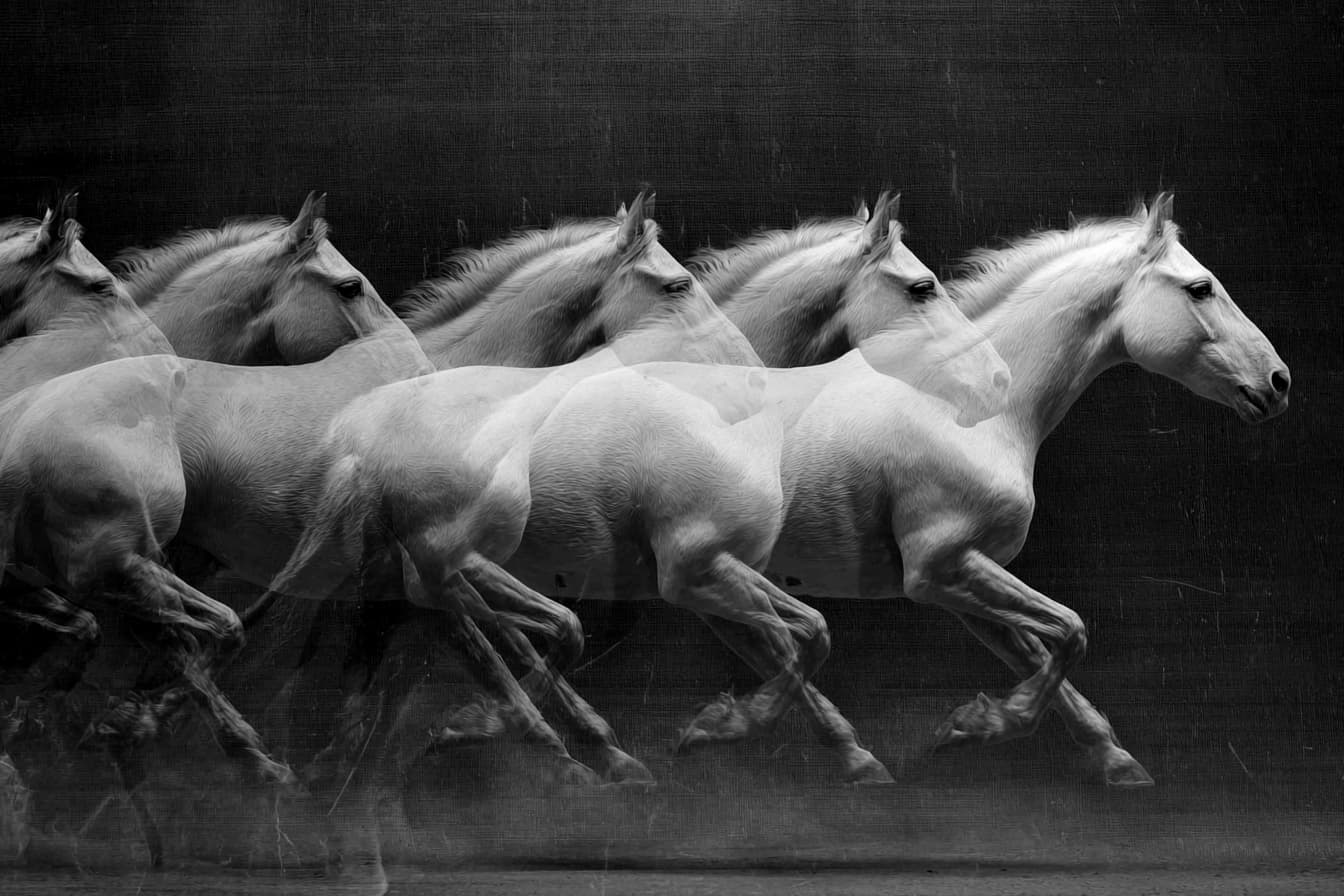The Inferno of Independence
You’re not supposed to hear these sorts of things from these sorts of people. Things have gone well for those chosen to speak at conferences like XOXO: credibility, attention, success—whatever brass ring a person might want to reach for—they’ve got it. They are them, and they are great, so why the hang ups?
After several talks, an unstated theme began to emerge, providing fuel for many of the stories and ideas expressed throughout the two days. It was often hinted upon, but only directly stated in Christina Xu’s talk. It came out as bright and searing as magnified daylight: “Independence is lonely.”
I winced, the kind of expression you make when you have to live with bad news. I know that loneliness. So, I looked around to see if anyone else was making grotesque faces of recognition. I saw a lot of nodding, as if to say, “I accept this as an interesting and possibly true idea.” Maybe that’s what normal people do. I was, on the other hand, slowly losing my shit, and contorting my saggy, sad face like a partially deflated balloon, because on one hand, I now had words for that feeling, and knew it wasn’t just me, but on the other hand, it was a sad thought, and a cost I didn’t want to believe was necessary. Still, I tried to keep it together, collect the sad sags of my face-balloon, and put on my deep-in-thought face.
Maybe everyone else was doing the same thing. I couldn’t tell. Holding yourself together is a weird sort of performance, the kind of thing that makes you feel lonely in the first place, even if you’re all together in the same room, feeling the same thing. You want to believe it, but you just can’t be sure.
I wrote “INDEPENDENCE IS LONELY” in my notebook and underlined it. I didn’t mention it to anyone, and hoped they didn’t see my sad, saggy face.
Hugh MacLeod says the price of being a sheep is boredom, and the price being a wolf is loneliness. My experience as a wolf says he’s right, but I think it’s bullshit, so I am writing this. There are lone wolves, but wolves are also pack animals, so how do you reconcile the two? How can we be independent together?
XOXO’s talks had a deep undercurrent of mental health: dealing with stress, depression, impostor syndrome, and doubt. Emotions are good, especially when aired, and stress can be beneficial, but they are not meant to derail you. If the best, brightest, most talented and successful people we have in the independent community are feeling this way, clearly we have some corrosive expectations of ourselves and one another, and things need to change. We have a climate problem with personal consequences.
So, here are a few critical questions I’ve been asking myself:
One
How do we create a cultural awareness that attention doesn’t necessarily mean money? People assume that because they’ve heard of you, you are raking it in. That mix up seems to create a lot of pain. You could fill a book with internet celebrities in poverty. Jack Conte of Pomplamoose did some math on stage, and said that a YouTube music video with 400k views would net the artist about $25. In this case, what’s the difference between YouTube and a dastardly music label? The fact that they’re willing to “sign” anyone, because it costs them next to nothing to do so?
Two
Or, even better, how do we produce more equitable platforms where attention DOES equal money? Google, Facebook, the music labels, movie studios, and any other major player is not going to solve this, because they have no incentive. The artists’ problems are those companies’ successes. The way you get a business to be a major player is by being a funnel of attention and siphoning off as much money as you can. The independent community shouldn’t mistake dodging the gatekeepers for being subservient to new ones.
Three
In that spirit, how do we build up businesses for independent artists that act as a sidekick rather than a toll booth? How can you build a system where working for yourself doesn’t mean working by yourself? Christina Xu of BreadPig reflected on the shortcomings of our narrow definition of independent creators. How do you open up independence to everyone that isn’t a freak-of-nature, do-it-all-yourself polymath? Autonomy should be for everyone. We need to build better services for creators, and do a better job of documenting processes to make this stuff accessible and learnable to anyone.
Four
As a person who makes things for other people, how do you honor your audience without letting them have too much power over you? And, as someone who supports independent creative people, how can I be better and more supportive, not only financially, but also in how I behave and interact with those creators? Cabel Sasser of Panic shared his difficulties in managing the ravenous expectations of the company’s customers while producing their hit web development software Coda 2. It nearly led to a personal breakdown. This is common, and I refuse to believe that it is part of the cost of success, because I would like to be as successful as Cabel one day, and I do not want to have a breakdown, thank you.
Five
And, most importantly, how do we disabuse creative people from the idea that they must suffer for their art? The tortured artist is a seductive story, but it destroys everyone that touches it. I love people who make things for a living. How do we change the stories we tell ourselves and one another so that making stuff doesn’t suck the life out of you? I’ve lost friends like this. I don’t want to lose any more.
I am beginning to think we are using the wrong words to describe what it means to be an “independent artist” and it’s setting the stage for these kinds of breakdowns. But any argument about the meaning of words quickly gets messy and complicated, and I’m not smart enough to defend it.
Still, I think words are abstractions, and abstractions become expressions that frame our understanding of our experiences, expectations, culture—everything. Language is an interface, and if an interface can mold behavior and perception, than language does that to your life.
We need new words so we can talk. We need to talk so we can explore. We need to explore so we can build, and we need to build so we can sustain. We are at the beginning of something good, but we need to take care of it and ourselves so it can keep going, better.
Let me give you an example of a story I’ve been telling myself. I have a tendency to change my work every couple years. I’ve gone from packaging design, to user interfaces, to illustration, to writing. I’ve always shielded myself by saying, “I have no idea what I’m doing.” It makes for a funny meme, but you know what? I’ve tried this for years and it only trips me up and makes me feel worse. Fuck it.
How about this? I do know what I’m doing, because I’m writing for you guys, and I feel like I have a firm grasp of what’s going on and what you all think, and what you’d be interested in reading. And years before that, I was designing books, so even though I didn’t know how to ship a book when I sat down to write one a couple years ago, I knew how to make one, and figured out the rest. I have the ability to think in systems and can be incisive and empathetic by understanding how things fit together. I have a knack for saying things lots of other people are thinking. I can have the special courage of stupidity and privilege, because I don’t have to risk much to speak up. Etc.
This isn’t to brag, because if people are paying attention to what you do, you have your own special menu of skills like these. All this is to say, “Hey, maybe I should work up the courage to start talking with a bit more confidence, and maybe you should too, and we shouldn’t be upset or undercut folks when they choose not to dismiss themselves outright, because that hurts us all, and starts the downward spiral that makes you think you don’t deserve anything for what you make, and that’s part of why artists get so easily screwed by anyone who seems like they’re extending an olive branch.”
This mess goes two ways: people don’t say things like this because they don’t believe it, or they don’t say it because they are scared of the repercussions in the community if they do. Those two stupid ideas/real fears shine on one another, and it intensifies the feeling that we shouldn’t have confidence in what we do, or that we are somehow succeeding in spite of ourselves. And guess what? If you read those last couple sentences again, it’s fucking idiotic!
There’s about a million miles between saying “I have no idea what I’m doing,” and “I’m making it up as I go.” This is verging on Stuart Smalley stuff, but goddamn—I am sick of hearing the people I respect the most undercutting themselves. You are awesome and big, and I will carry you on my shoulders for miles if that’s what it takes to get you to a place where you can see how great you are.
The easiest way to cut down a person is a blunt strike to the legs. Doubt, expectations, the gap between other people’s perceptions and what is actual—all of that goes for your knees. The connection points are the weakest, because they’re the bits that need to give a little bit so you can move.
But what can you do? Your options are either to be armored and stationary, or nimble and vulnerable. Be safe and see nothing, or risk it and hope things work out. The choice isn’t even a choice for the independent little guy. You go nimble and vulnerable like a little mouse, because you’re not equipped to stand your ground like a rhino. That takes girth. That takes armor. You need to have something to protect, because standing still doesn’t gain you anything.
There’s so much internet-culture mythology about being light, nimble, and quick. (Six months ago, I probably would have used the word “values,” but “mythology” feels like the appropriate term.) We believe so much of it, yet the costs are never documented. It’s seductive to think that if something is pervasive, it must be true, as if everyone else were our fact-checkers, and lies weren’t sticky, because they’re so sweet to believe. It’s not so.
Presume you do buy into this “fail hard and fast” mantra. If you act recklessly and flail, you will bump your head and it will hurt, and you will do it again, unless you choose to stop flailing and think about why you bumped your head. Of course, no one would ever argue against reflection, but it’s hard to be mindful of the necessity to reflect if you’re constantly being told to move fast and hack or you’ll fall behind. Nevermind the damage those flailing arms do to those close to you.
It’s nearly impossible to organize and change things if everyone is moving fast. So, the question becomes: who benefits from the status quo?
You’re also told that you should fail harder, because failure is the gateway to success. Oddly, only successful people say failure is necessary, because anyone who has truly failed in a meaningful, unrecoverable way would advise you to stay away from that shit at all costs. Believe me, I know.
Sometimes the mythology/values of the internet feel willfully contrarian, and the ones who offer it are safe in ivory towers from the effect of that bad advice. The rest of us get messed up for believing it, thinking it will some how lead to ivory towers of our own.
Some truth: things are different, but not that different. It’s still just people, only with new boxes between them. Old wisdom is good wisdom, even in new media. Anyone who says otherwise has something to gain by persuading you to believe in certain things and behave in certain ways.
The technology that matters only tries to change things by giving us more of what we’ve always wanted: autonomy, access, and community. You don’t need to move fast or fail hard to know that or build things that help along those causes, and any person with their head on straight knows that moving fast comes at a cost.
I grew up in the midwest, but now that I live on the east coast, most of my friends’ only intimate experiences with the “fly-over” states is driving through them on the occasional road trip. Ask any one of those people who have seen Kansas what they think of it, and they’ll say Kansas is flat. They’re right, but they were going too fast.
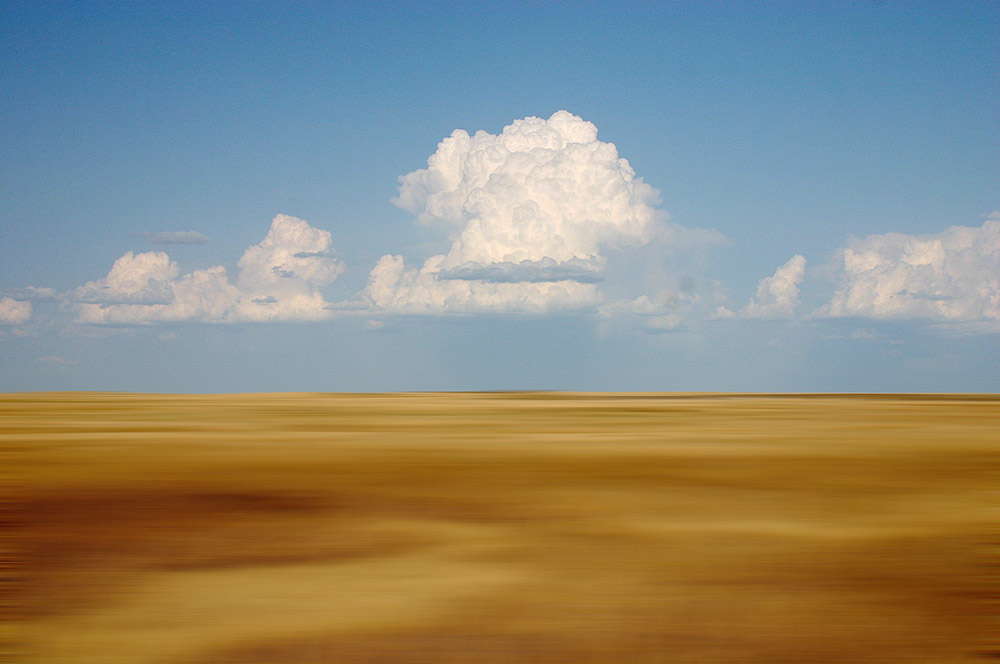
If you slow down, you can see the details, and the details are where the truth hides. It’s the string that binds it all together and makes it work. See, if you stayed a while, and didn’t just pass through as fast as is legally allowed, you’d know those prairies bloom, god damn it.

Speed kills detail and increases noise. Speed lets you run fast and go further, but you don’t actually get to see any of what you’re passing for what it actually is. You blur out the details and miss the real picture.
The prairies are splendid. They’re what spoke to Andrew Wyeth and inspired Terrence Malick to make pictures of their own. The work doesn’t just happen to occur in the prairies, they are about it. The beauty of that only opens up to you if you decide to go slowly through a small space, instead of quickly through a big space.
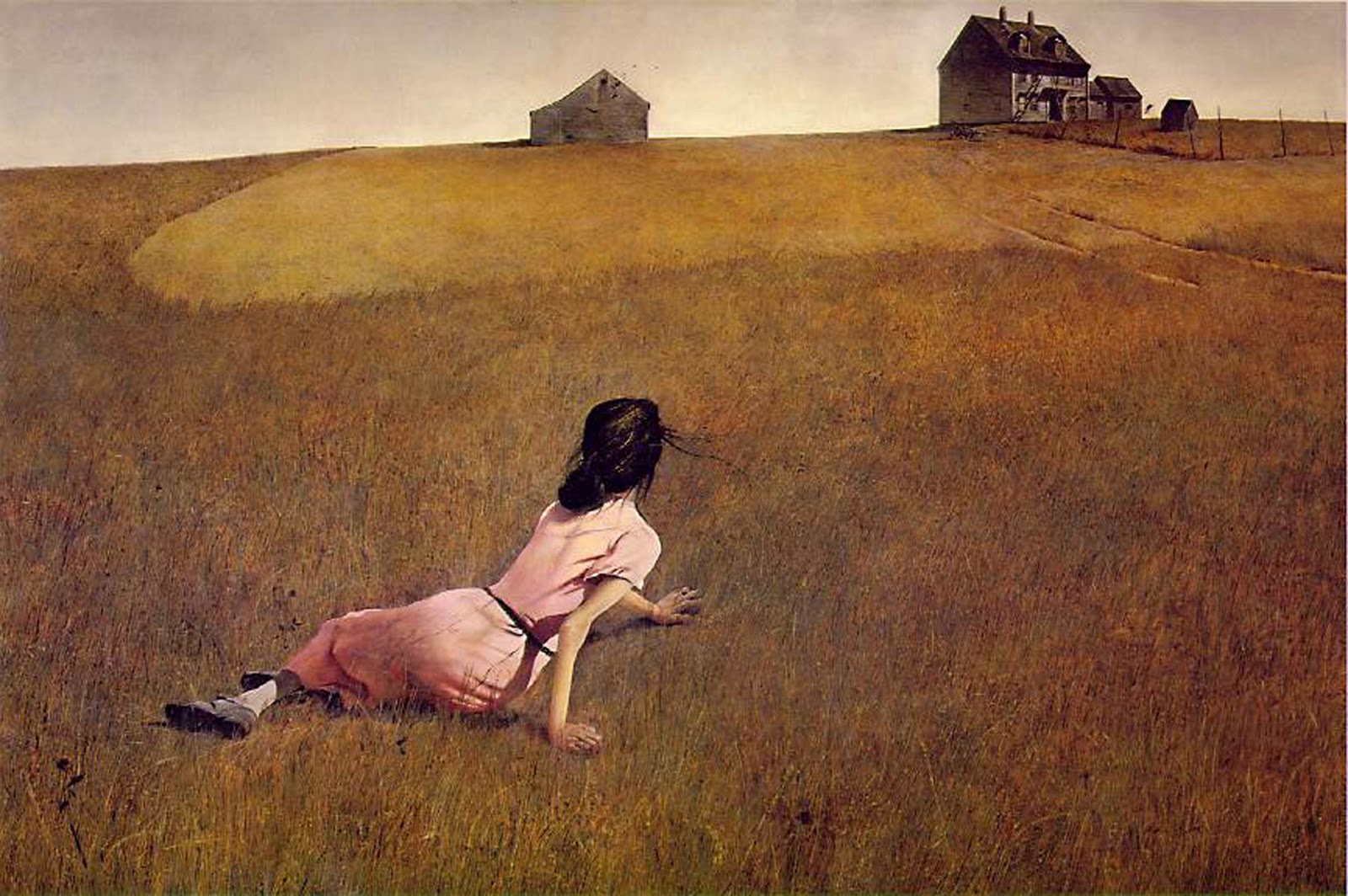
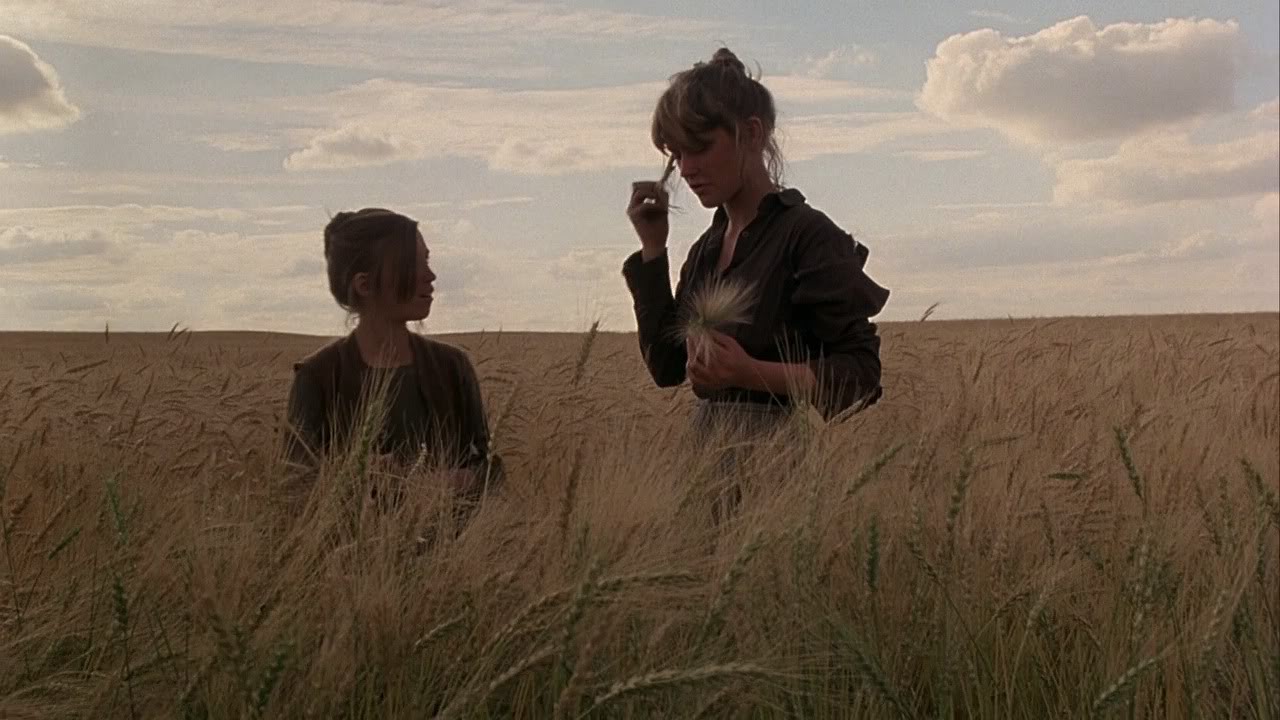
A mythology of speed is one of willful ignorance to the small details that hold the whole arrangement together. And, I think, if you’re building things for the internet, those small details matter, because they are repeated ten-fold, hundred-fold, million-fold, as they are replicated effortlessly through screens, across the globe, and into people’s consciousness for countless hours of exposure. Economies of scale make small decisions matter, but speed—both in making those small decisions and in interacting with them—makes both sides blind to what’s going on. We’re thoughtlessly writing things we can’t read, because we’re going too fast.
Has any one ever considered the creepiness of social media’s interface copy?
“View friendship.”
“Remember me.”
It feels perverse, awkward and foreign, yet familiar, like the best details in a dystopian story. It’s appealing in that way, but it also irritates me, because I love words. Words mold brains, and if you don’t believe it, you should look at what sort of language we use about the internet and the products (digital and not) that connect to it and are part of it.
Revolutionary, disruptive, magical, wizards, and on and on—contemporary digital culture has co-opted the language of revolution and magic without the muscle, ethics, conviction, or imagination of either. And it’s not that those things aren’t possible, we just aren’t living up to their meaning and instead saturating ourselves with hyperbole. These are words you have to earn, and slinging them around strips the words of their powerful meaning. Can you take a real revolution seriously if you are bombarded with messaging that says your phone is revolutionary?
So, I keep coming back to the same question in my head: is this something to fight against and change, or is this one of the things that I must accept and learn to live with?
I feel like I used to manage that question much better, because I had a certain confidence that the internet was making things better. Now that I’m less naive and have a bit more influence, I realize it is all much more complicated than that. The people making these choices are just as prone to mistakes, insight, ignorance, and wisdom as I am. That knowledge is the seed of empathy, but it’s also an assignment of responsibility to join the discussion about what this internet thing will be, and how to build up its systems which reinforce eventual social norms. It’s a conversation about our expectations of ourselves and one another, and technology’s role as a mediator to those expectations.
It’s a lot of responsibility, but you share the load. That’s the point.
During XOXO, I only wrote one other phrase in my notebook: “Eat the donuts.”
The quote comes from my favorite talk of the conference, by Maciej Ceglowski of Pinboard. “Eat the donuts” is a bit of a tangled metaphor that requires a small summary of Maciej’s talk, so I’ll try my best to be brief.
Maciej spent the better part of 20 minutes looking at Henry David Thoreau’s life and work (specifically Walden, of course) as a template for cultural criticism. Maciej was more artful and didn’t summarize things quite this bang-on, but I want to get to the donuts as soon as I can.
A lot of things can be held against Thoreau, mainly his privilege. Thoreau came from a well-to-do family that allowed him the finances to build that cabin in the woods, and, of course, it takes a certain amount of affluence and privilege to be able to “opt out” of the dominant culture, stand back, and critique it. Still, Thoreau was a man with clear principles that embraced those with less opportunity than himself, and attempted to define the good life as something accessible to anyone. He valued convening with nature, going slow, stepping back, and—this is the donut part—accepting help. Thoreau was independent and he isolated himself, but he was not alone. Each week, his mother and sister would come to the cabin with pastries and donuts. And you know what? Thoreau ate those goddamn donuts.
Maciej’s lesson, through Thoreau? While living an independent life on principle, you should not refuse the help so generously offered. “Eat the donuts.” Take the good things as they come to you, and do not be ashamed or bashful to accept help.
And—if I can be so bold as to add something—make the donuts, too. Do that for the people who are building their cabins and pursuing their independence. If you’re living your dream, you need all the help you can get. Dreams are hard, and much too much work for just one person alone.
Once the work is done, it’s not yours anymore. You draw the comic, write the book, make the app, and then it makes its way out into the world. And it starts to talk back to you. It’s the weirdest thing—if the thing you make goes anywhere, it’s because other people carried it. Your thing becomes our thing. This is deeply unsettling, but it is also a beautiful situation that binds us to one another. So much for independence. It’s a false dream. What we really have is interdependence, and what we desire when we speak of independence is equity and autonomy. Those are our goals.
We need each other, no matter what. The trick is producing the best terms—the ones most beneficial for everyone—that prioritize longevity, sustainability, and creativity over flash in the pans that burn out quick and get buried. That track is for investors who want to buy low and sell high, and the confidence men who skip town once the cash changes hands. It’s not for the creative people who put their identity in their work. If you make things, you’re playing the long game. There is no rise and fall, no sell it off and start again, because this is you, and if it goes, you go.
And I like you. I want you here, making your things. But if I had to choose, I would choose you over your work. Jane Doe the Person is more important than Jane Doe’s Work. That may be a huge loss for culture if Jane has particularly acute creative powers, but at least she didn’t get harrowed out because we built an imbalanced system based on short-term, unreasonable expectations.
Listen: we only deserve what we can maintain and keep safe. A community is only as good as how well it takes care of all its members. There is no independence. There is only subservience or interdependence. And I choose you. I choose community.
Italo Calvino ends his novel Invisible Cities with a small token of advice on how to live through the pressure of challenging, complex times:
The inferno of the living is not something that will be; if there is one, it is what is already here, the inferno where we live every day, that we form by being together. There are two ways to escape suffering it. The first is easy for many: accept the inferno and become such a part of it that you can no longer see it. The second is risky and demands constant vigilance and apprehension: seek and learn to recognize who and what, in the midst of inferno, are not inferno, then make them endure, give them space.

